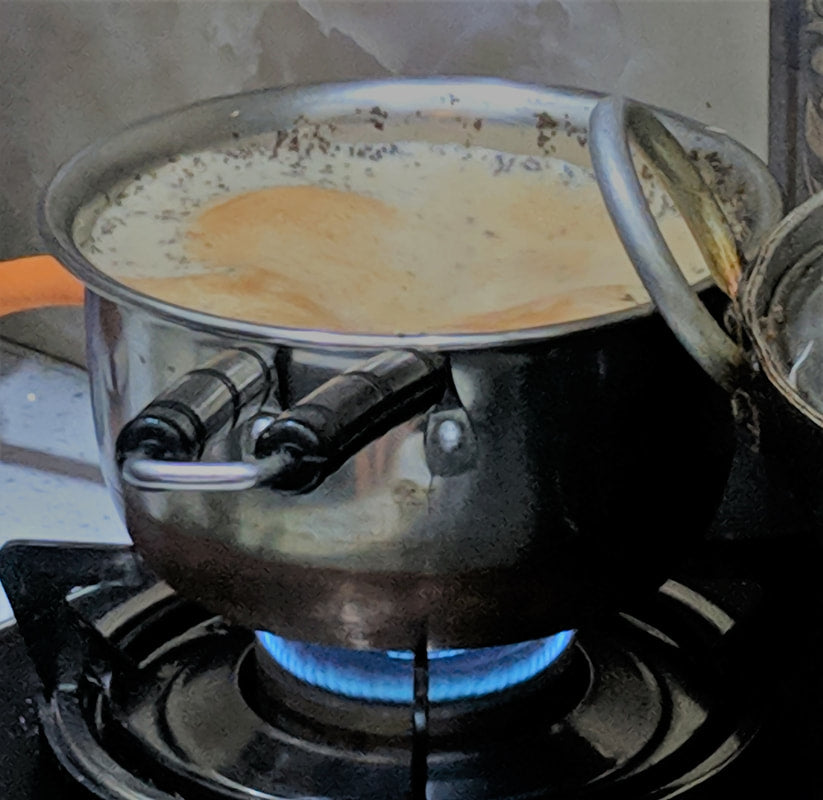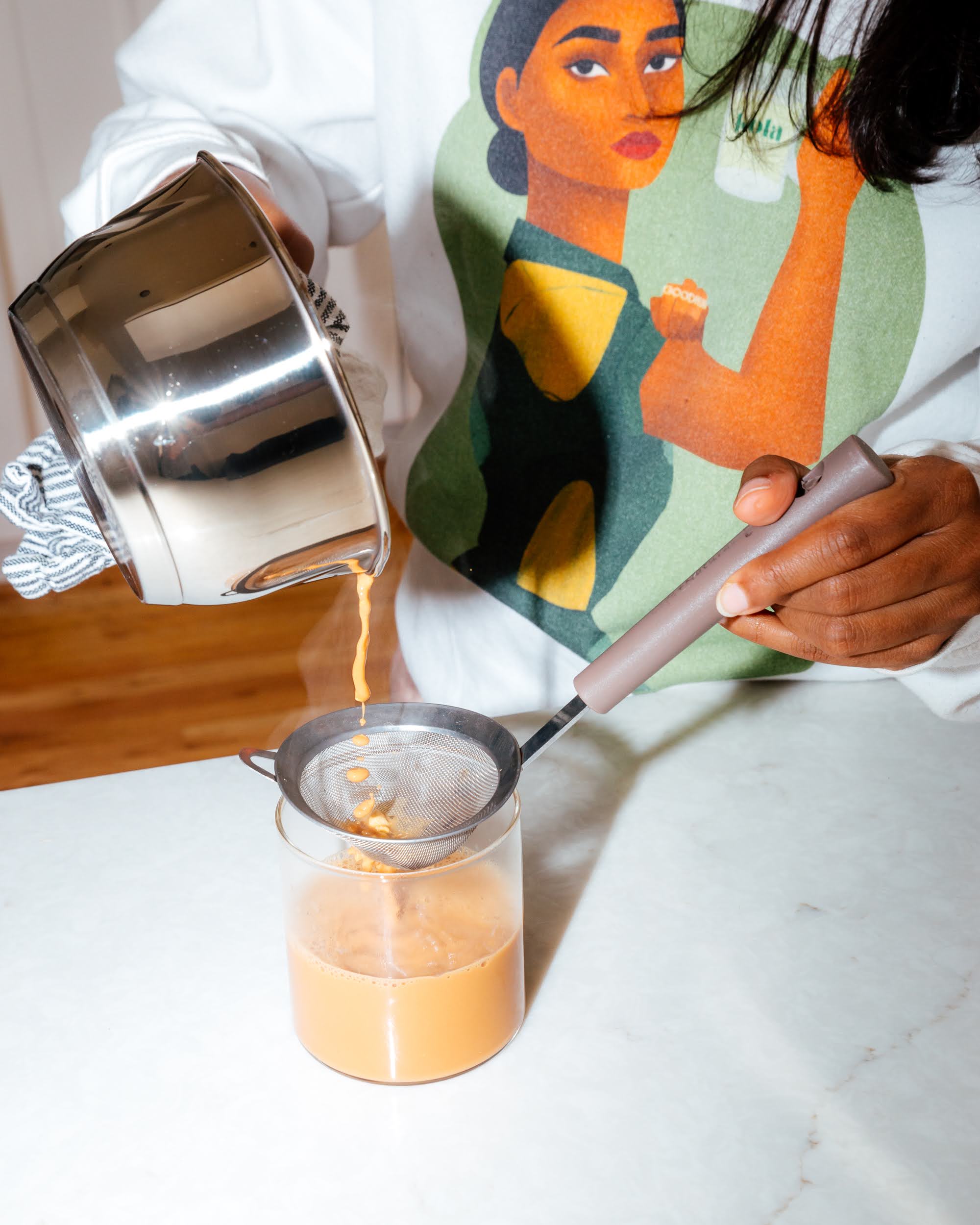Chai, the aromatic and soothing beverage, has captured the hearts of tea enthusiasts around the world. Its unique blend of spices, milk, and tea leaves creates a symphony of flavors that warms the soul.
As chai continues to gain popularity globally, it's essential to understand the intricacies of brewing this beloved beverage, especially the revered masala chai of South Asia. One common concern among tea lovers is whether chai can burn during the brewing process. Let’s explore this question and delve into the art of making the perfect masala chai.
Understanding Chai and its Components
Before we address the question of whether chai can burn, let's delve into the components that make up this delightful beverage. Chai typically consists of black tea leaves, milk, a sweetener, and a blend of aromatic spices. In South Asia, the spices used in masala chai often include cinnamon, cardamom, cloves, ginger, and black peppercorns. Each of these ingredients plays a crucial role in defining the flavor profile of the chai.
The Brewing Process
To brew masala chai, the tea leaves and spices are combined with water and brought to a gentle boil. The mixture is then simmered to allow the flavors to infuse fully. Finally, milk and sweeteners, such as sugar or honey, are added to create a creamy and sweetened chai.
Can Chai Burn?
The short answer is yes, chai can burn if not brewed with care. The risk of burning arises when the tea is subjected to excessively high temperatures for prolonged periods. Burning can result in a bitter and unpleasant taste, ruining the delicate balance of flavors that make chai so delightful.
The Role of Milk in Preventing Burning
In masala chai preparation, the addition of milk not only provides a creamy texture but also acts as a protective agent against burning. The milk serves as a buffer, preventing the tea from being exposed directly to the heat source. This buffer helps maintain the temperature at a level that promotes proper flavor extraction without causing the tea to burn.
The Importance of Low & Slow
To achieve the perfect masala chai, South Asian households emphasize the significance of low and slow brewing. The tea leaves and spices are added to the water, and the mixture is gradually heated over low to medium heat. The low simmering allows the flavors to infuse gently into the water without being overwhelmed by heat. The milk is then added, followed by a gentle simmer until the chai reaches the desired strength and consistency.
Timing Matters
Timing is crucial when brewing chai in South Asia. On average, the brewing process for masala chai takes around 10 to 15 minutes. This time frame allows the spices to impart their flavors, and the milk to blend harmoniously with the tea. It's important not to rush the process to avoid burning the tea or overpowering the delicate flavors of the spices.
Avoiding Burning with Patience & Vigilance
The risk of burning chai can be mitigated through patience and vigilance. Keeping a watchful eye on the chai as it simmers ensures that it doesn't boil over or reach a scalding temperature. Stirring the chai occasionally also helps prevent the milk from sticking to the pot's bottom and burning.
Masala chai holds a special place in the hearts of tea enthusiasts worldwide, especially in South Asia, where it is deeply woven into the cultural fabric. The art of brewing the perfect chai lies in striking a fine balance between flavors, textures, and temperatures.
Yes, chai can burn if not handled with care, but by understanding the nuances of chai preparation, we can create a rich, creamy, and aromatic beverage that warms the soul and elevates the spirit. But, that’s why we created our all-in-one chai sachets that have all the ingredients you need in one packet!




Leave a comment
This site is protected by hCaptcha and the hCaptcha Privacy Policy and Terms of Service apply.